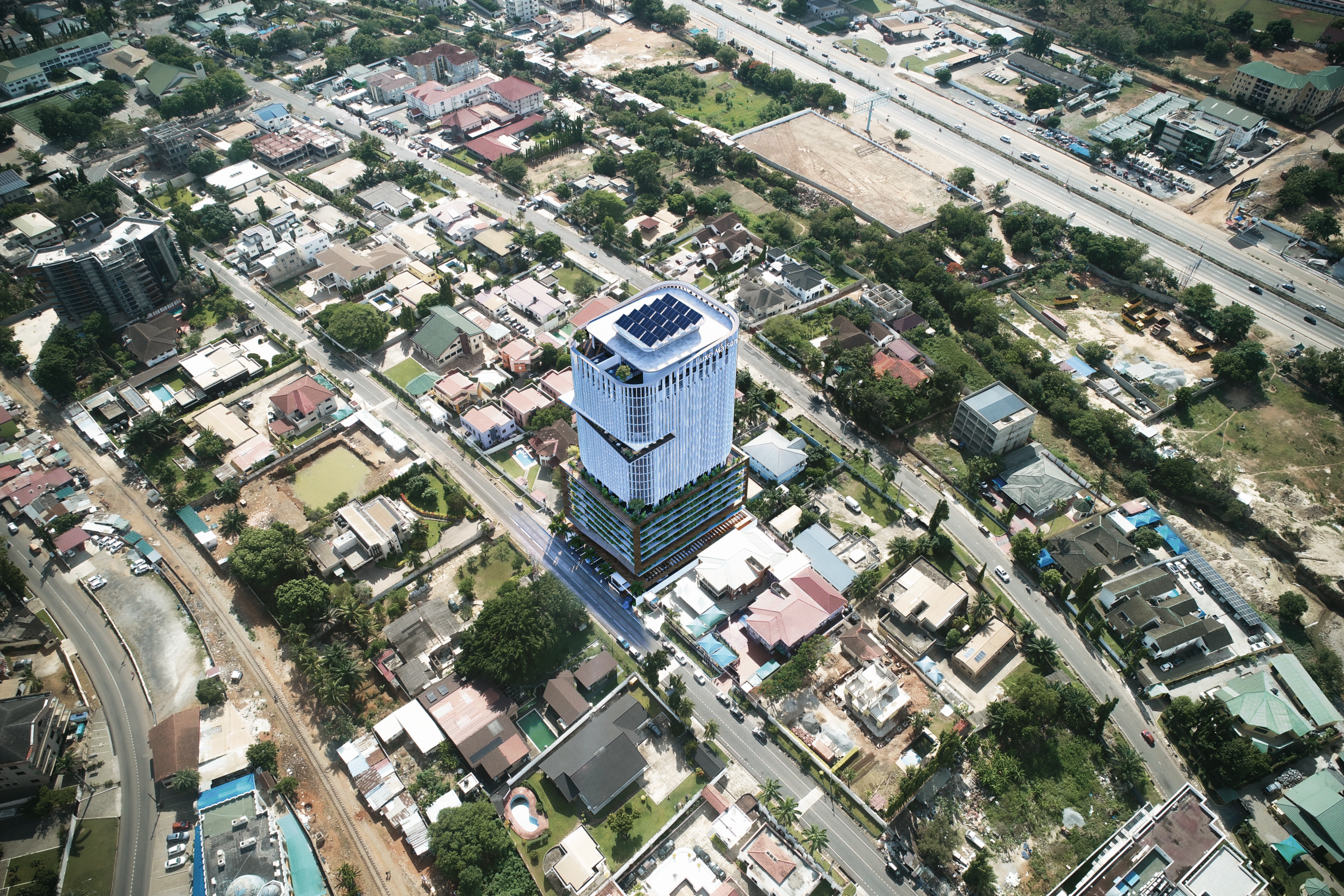Essential Property Documentation in Ghana: A Step-by-Step Guide for Real Estate Transactions
Ghana’s booming real estate market has become a hotspot for buyers, investors, and developers. Whether you’re purchasing a plot, a newly built home, or a commercial property, having the right property documentation is not only mandatory—it protects you from fraud, litigation, and future land disputes.
This article provides a detailed, step-by-step guide to essential property documentation in Ghana, ensuring that your real estate transactions are legal, safe, and compliant with Ghanaian law.
Why Property Documentation Matters in Ghana
In Ghana, property ownership can be complicated by family land, stool land, government acquisitions, and fraudulent land sales. Proper documentation ensures you:
-
-
- Have legal ownership
-
- Avoid double sales or encroachments.
-
- Can register your property with the Lands Commission
- Can resell or use the property as collateral
-
Step-by-Step Guide to Essential Property Documentation in Ghana
1. Indenture (Land Sale Agreement)
An indenture is a written contract that shows agreement between a landowner (seller) and a buyer. It includes:
-
-
- Property description
-
- Names of buyer and seller
-
- Terms of transfer
- Signatures and witnesses
-
Tip: Always notarize your indenture.
2. Site Plan or Cadastral Plan
This is a map showing the precise location and boundaries of the land. It must be prepared by a licensed surveyor and approved by the Lands Commission.
3. Title Certificate (Land Title Registration)
Issued by the Lands Commission, this proves legal ownership. Title registration reduces land disputes and enables easier resale.
🔹 Only lands in Accra, Tema, Kumasi, and some urban areas are currently under title registration.
4. Land Commission Search Report
Before purchasing land, conduct a search at the Lands Commission to verify:
-
-
- The owner
-
- Whether there’s litigation
- Any existing mortgages or encumbrances
-
🔹 Always request an official search report before payment.
5. Land Lease Agreement
In Ghana, most lands are leasehold (often 50 years for foreigners and 99 years for Ghanaians), depending on the location of the land. The lease agreement defines:
-
-
- Lease duration
-
- Renewal terms
- Restrictions and usage rights
-
6. Building Permit
Issued by the District Assembly or Municipal Authority, this is required before construction begins. It confirms that your building plan complies with zoning and building regulations.
7. EPA Permit (for large-scale projects)
Environmental Protection Agency permits are needed for large developments or areas near water bodies or forests.
8. Tax Clearance Certificate
For commercial properties or property transfers involving businesses, a tax clearance certificate from GRA may be required to prove the parties have fulfilled tax obligations.
9. Stamped Indenture
After executing your indenture, it must be stamped at the Lands Commission with the appropriate stamp duty. This legalizes the transaction and makes it enforceable.
10. Property Registration
Once all documents are in place, register the property with the Lands Commission. This process includes:
-
-
- Submission of forms
-
- Verification
-
- Payment of fees
- Issuance of registration number and title certificate (if applicable)
-
Frequently Asked Questions (FAQs)
1. What is the most important document when buying land in Ghana?
The title certificate is the most important. It proves ownership and gives legal protection.
2. How do I verify land ownership in Ghana?
Conduct a land search at the Lands Commission using the site plan and indenture.
3. Is a notarized indenture enough to own land in Ghana?
No. You must also stamp and register it with the Lands Commission to be recognized legally.
4. What is the cost of registering land in Ghana?
Costs vary by location and property size, but expect to pay for stamp duty, search fees, and processing.
5. How long does it take to register land in Ghana?
It can take between 1 to 6 months depending on the region and whether documents are complete.
6. Can I build on land without a building permit?
No. Building without a permit is illegal and can result in demolition or fines.
7. Who issues the site plan in Ghana?
Only licensed land surveyors can prepare valid site plans.
8. Can land be sold without a title certificate?
Yes, but it is riskier. Always request a title certificate or verify through the Lands Commission.
9. What is a cadastral plan?
It’s a detailed map showing property boundaries, used for accurate land registration and documentation.
Final Thoughts
Navigating the real estate market in Ghana requires more than money—it requires diligence, legal knowledge, and verified documents. Always work with a trusted lawyer and conduct due diligence through the Lands Commission before completing any transaction.
With this step-by-step guide, you’re now better equipped to make informed and secure property decisions in Ghana.
When you choose ILLAS REALTY your real estate partner, you’re not just buying a property – you’re investing in peace of mind. Contact us today to learn more about how we can help you navigate Ghana’s real estate market with confidence.
[/vc_column_text][/vc_column][/vc_row]





